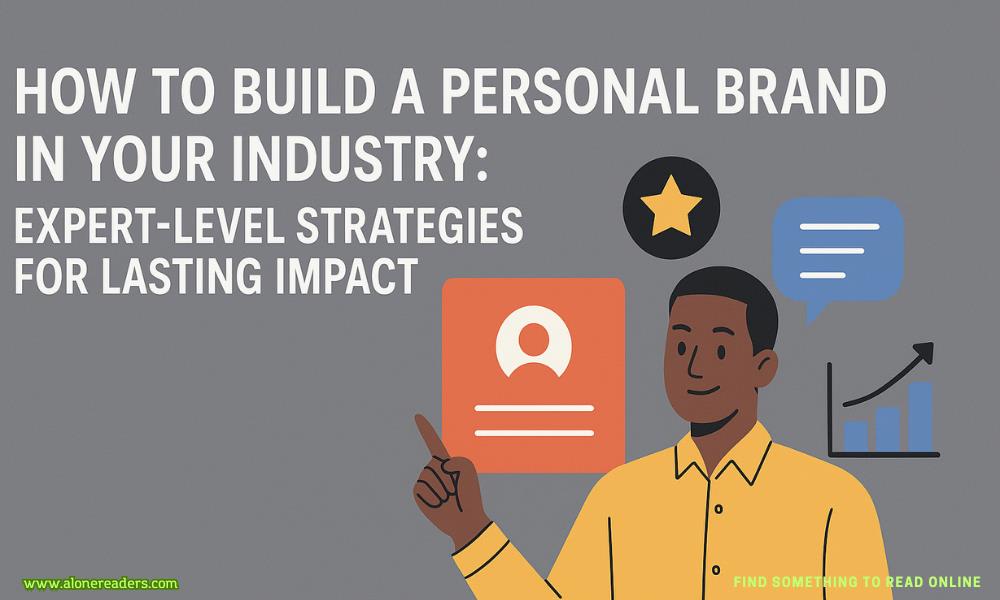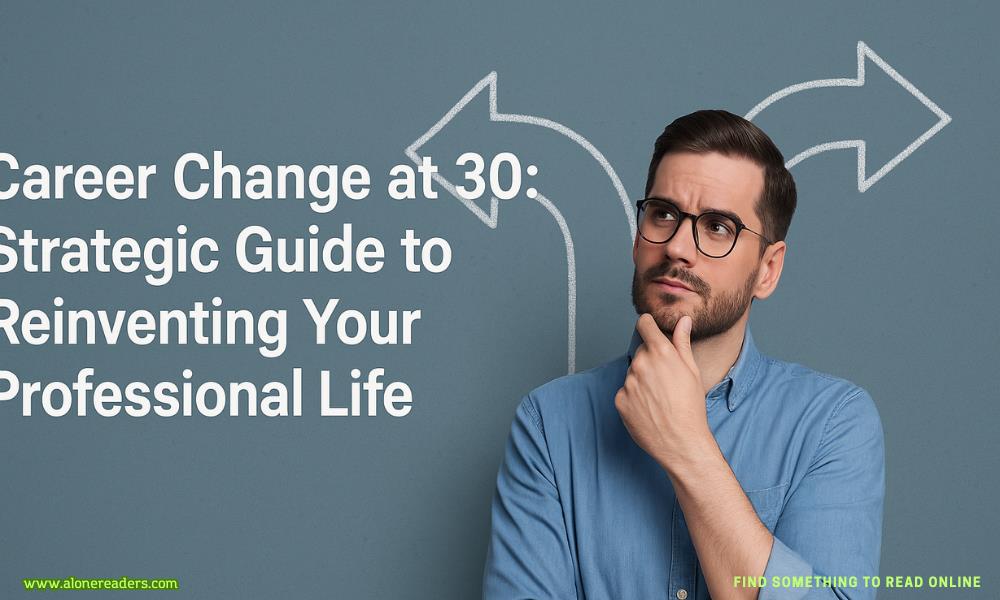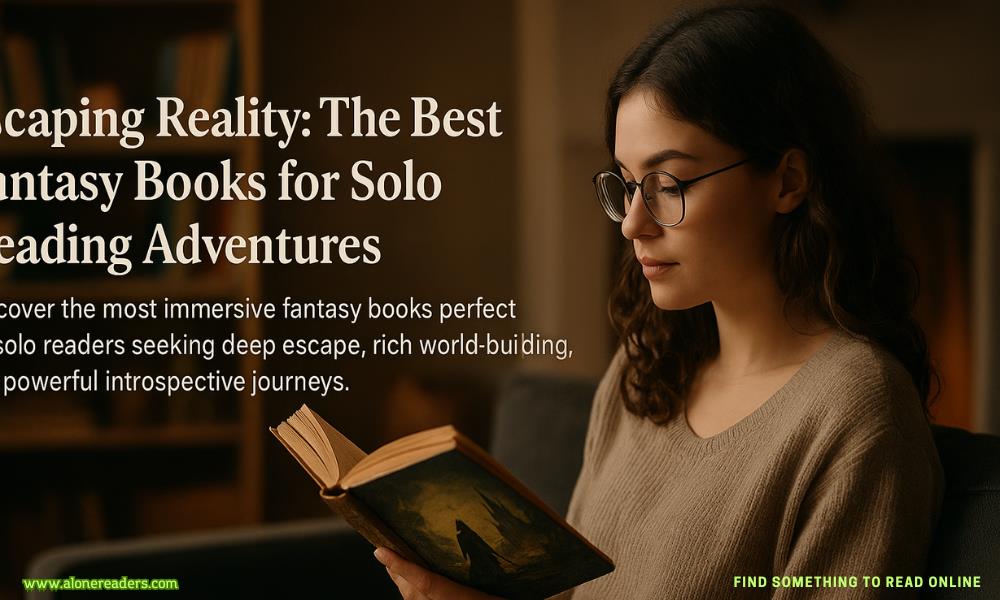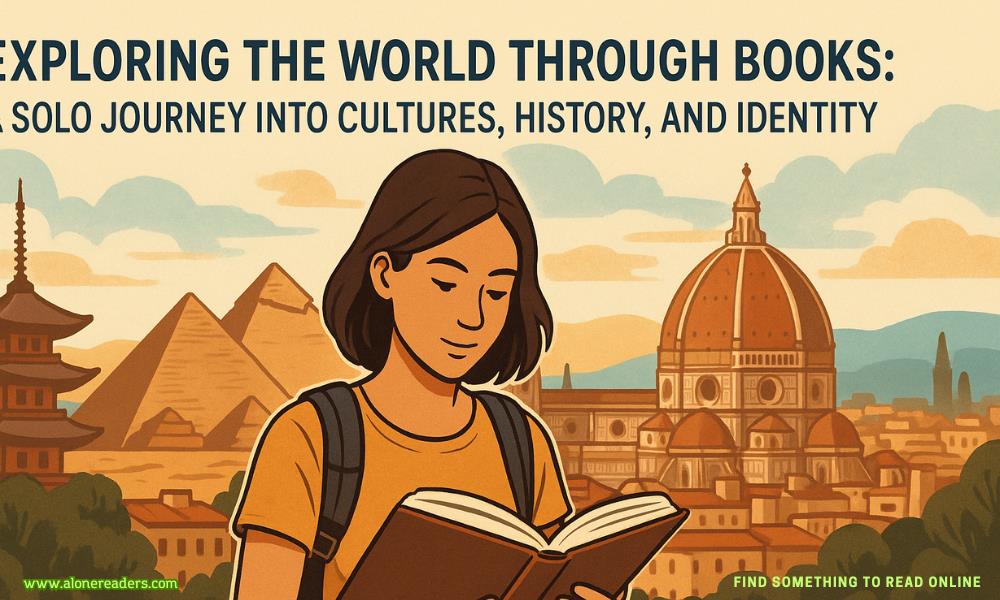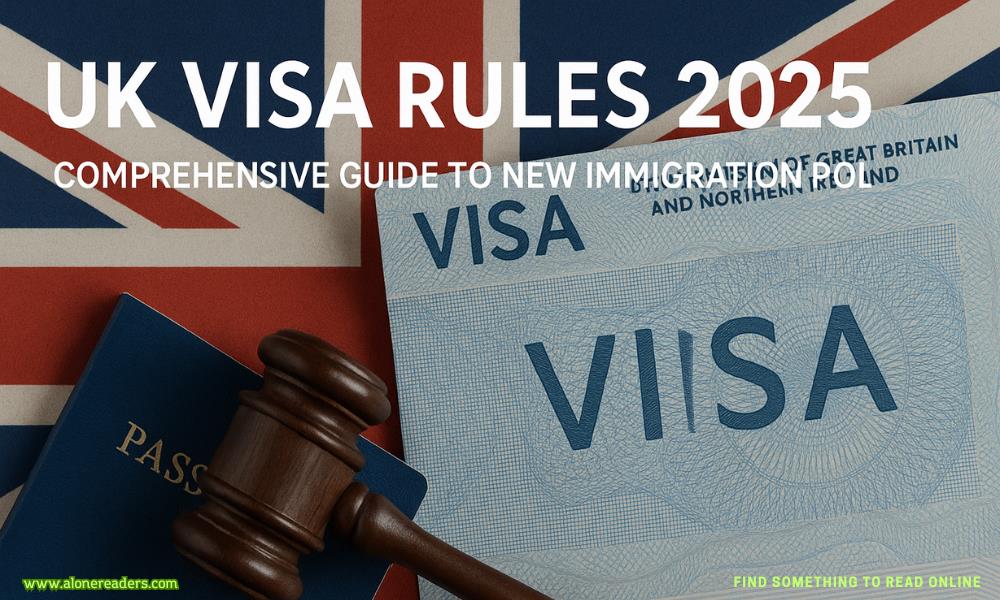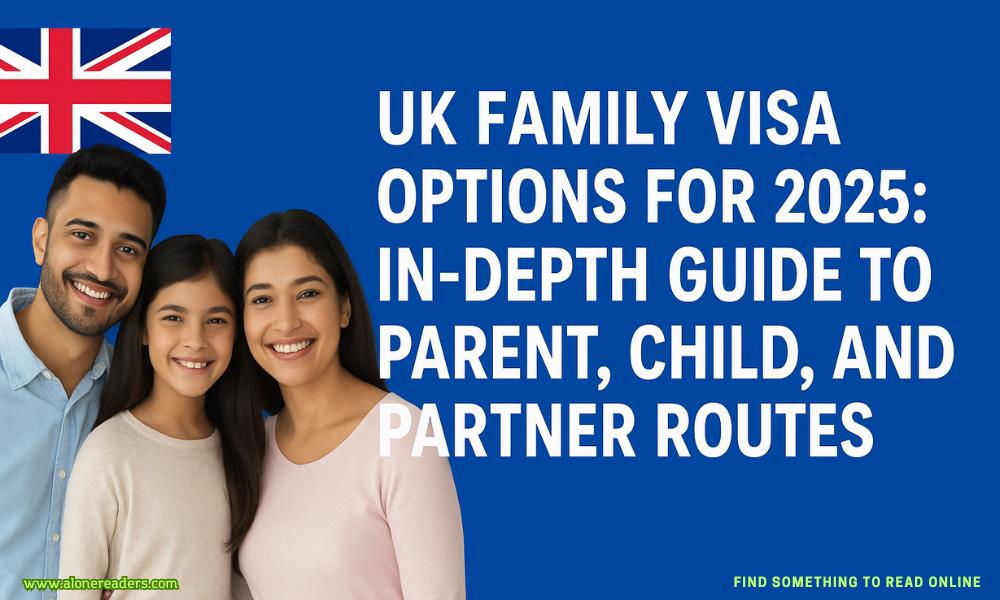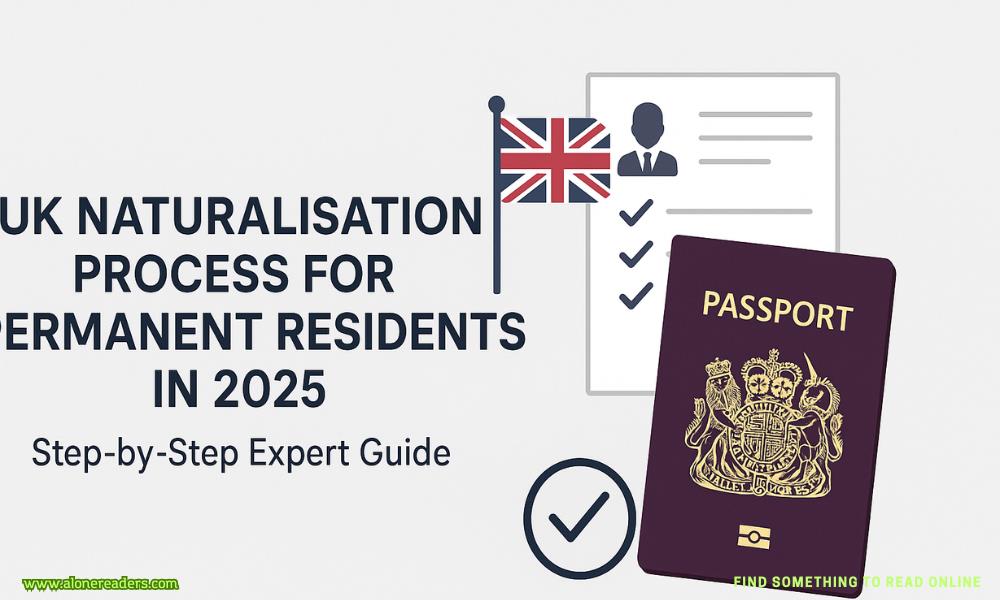Page 60 of Generation Omega: Claimed
Solace? With faultily constructed reasoning and nothing resembling true self-awareness? That isn’t possible.
What do you want from me?
We want to assist you with the task you’ve been given, before your obsessive need to obtain answers destroys your life and our efforts.
Kaz wouldn’t want you interfering in my decisions.
Kazimir would if he had the sense to understand what he asked of you and just how misguided it was.
You think he was misguided in caring about my happiness?
Oh, you seem truly overcome with joy. This is what happiness looks like? Really?
Fuck off.
You are a surly thing, aren’t you? Just like your alpha and about as obedient. Let us help you. If your current beliefs are solid, they should be able to admirably withstand further inspection.
I’m about to argue, get petty, lash out, or just pray for a coma so that my mind can have a break, but then the legacy continues.
We see all or, at least, most. Aren’t there questions whose answers might be worth a little conversation?
Don’t play games. Just tell me why you want to help me.
Kazimir’s motivation regarding you is pure, but this test he designed is wildly unrealistic and also unintentionally cruel.
Did the legacy pluck that out of my thoughts, because I’ve mulled the same thing more than a few times? Explain, please.
To think, in just a few days, you could throw yourself at more than twenty years of life, love, loss, and trauma, and make irreparably final decisions about where you belong now or in the future… is wildly unrealistic and unintentionally cruel.
But…
Ethan, imagine asking the same of Kazimir.
All the air leaves my lungs, and my hand covers my heart. I would never ask that of him, never imagine it was possible or even a good idea. Whatever trauma I’ve faced, his is next-level—not that there’s ever a contest. That image returns, the one hintof Kaz’s childhood that he let slip, where he obviously had to battle to survive even as a small boy. He may never get through the horrifying maze of his own brutal upbringing, but there is no way he could—orshould—attempt it in three days.
No, he couldn’t, and without assistance, neither will you. The task was unrealistic, but the abbreviated timeline is the legacy’s fault, so we’d like to help you discover your true answer.
I should be gushing my thanks for their offer. Maybe it’s my hollow heart, or the strain of the outcome we’ll reach no matter what we do, but I just sit here as the breezes blow and the silence stretches. I’m surprised and a little impressed that the omega legacy doesn’t rush me.
Can you give me one reason to believe my decision is wrong?
Decision? You didn’t make a decision. You skirted that part, in favor of allowing unexplored assumptions about the nature of your inherent dread to lead you right off that cliff you were just ruminating about. If you’d been able to make an actual informed decision, we would have remained observers.
I really wish I could push back, but the words that instantly reverberate through me arezero lies detected. I did exactly what they said, but what makes them think they can do any better?
Too afraid to give us a chance?
Oh, now they’re just baiting me, and it works. Fine. Let me have it—bring on the epiphanies.
I don’t know what to expect, but I’m not shocked when the movie of my life begins to play in my head. It starts with my sixth birthday party. Everything is trucks and dinosaurs, as though the Mesozoic Era included monster truck rallies—still makes total sense to me. I don’t remember much about that day or most of the faces, but seeing my parents together again inspires a fierce ache in my soul. It’s when I notice who’s missing thatI understand what this day represents to the omegaverse—the time before Tillie.
I’ll meet her soon on the first day of first grade, when our last names will make us neighbors. It’s about fourteen months before I lose my father. The movie then takes me to that first day with Tillie and the days after that. She attends my seventh birthday party—exclusively dump trucks and T-Rexes now—and we played together on the day of the fire. The legacy doesn’t make me watch the scene, but shows me the funeral, zooming in on my face. I observe what was impossible for me to recognize then, how obvious the change in my eyes—the before and after of childhood trauma.
Before my father died, my eyes were bright, my smile easy, and fear was reserved for scary stories, never reality. After, my eyes were hard, proof of the barriers I constructed to deny any chance that light, air, love, or hope would reach me and ease my pain. Healing meant forgetting, which meant betraying my father—something I would never do. I see them now, the invisible and unexplored rules I created that trapped me in the past and its relentless sorrow.
We return to that first day of school, the beginning of Tillie and me. Only now I notice what was in her eyes then—the same hardness, the same proof of pain and loss. She knew, even as a little girl, about the transformation forced on children by grief and unmet needs.
We shared trauma—clearly—but shared trauma isn’t proof that we belong together. If anything, it’s the opposite. We became each other’s crutch. That’s not a healthy foundation for a relationship. And it certainly won’t count as an answer for Kaz.




